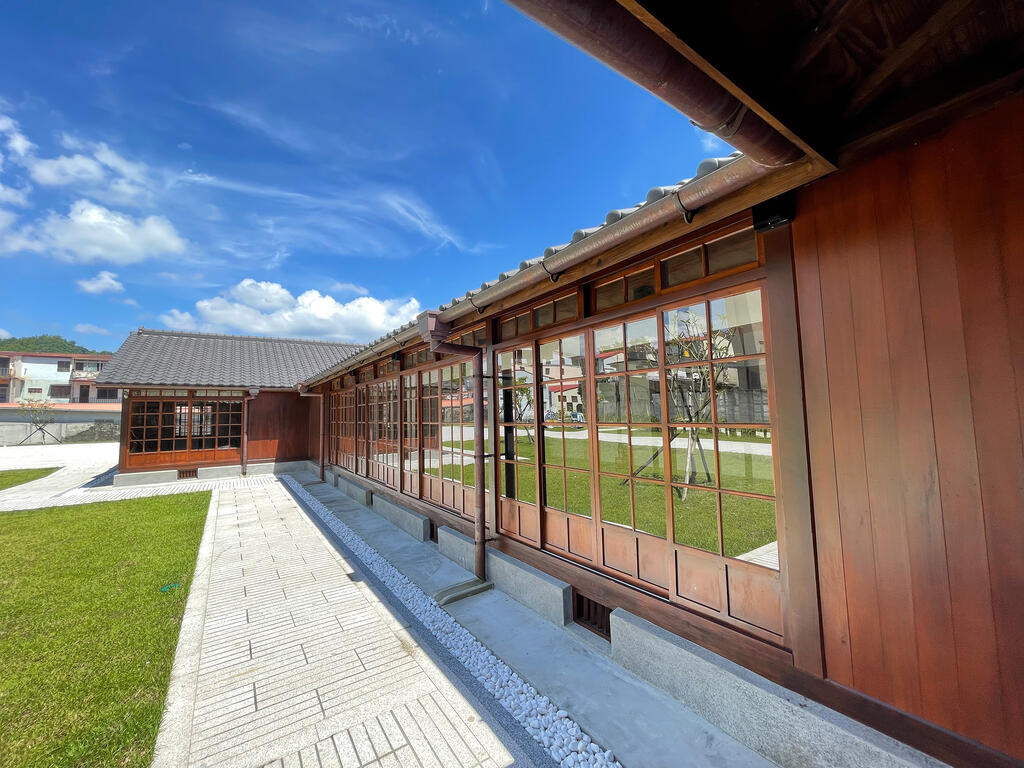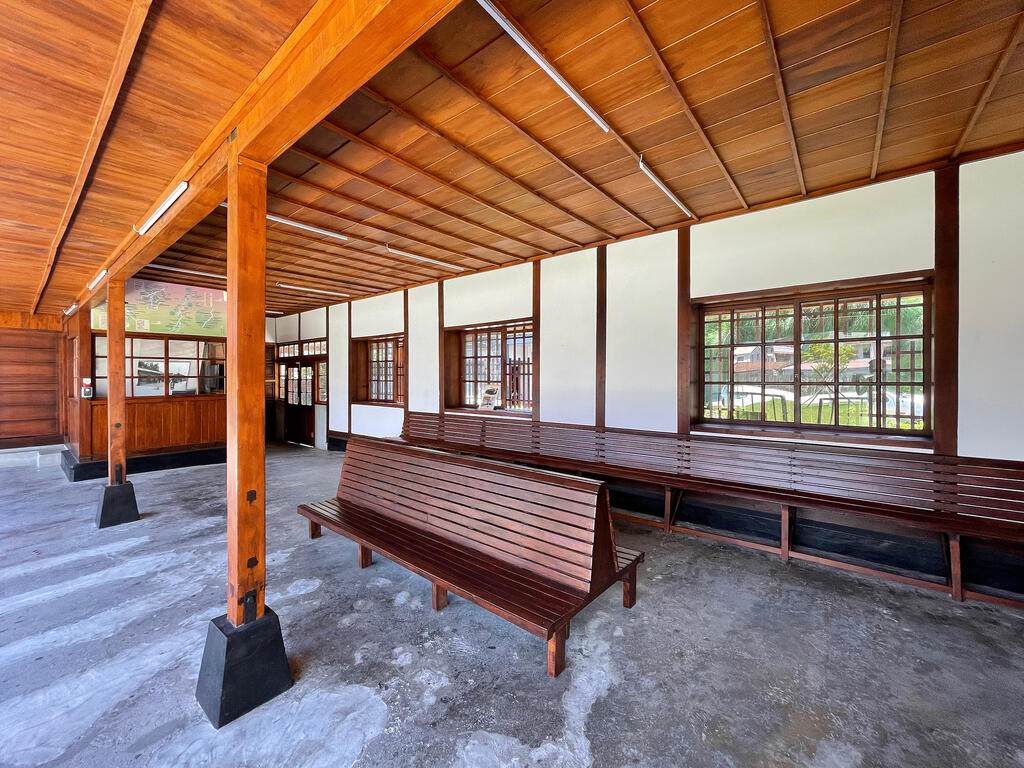Ikeda House
 4.2
4.2- religious sites
Located at No. 38, Huanan Street in Kaohsiung County, the Ikeda House is the former Liugui station from the Kaohsiung Bus company. Its Japanese name comes from its days spent as a hotel operated by Ikeda Hyotaro. As Liugui station, the Ikeda House was a transportation hub for hillside residents from Liugui, Maolin, and Taoyuan to the city.
Formed by three one-story buildings, this U-shaped compound has retained its original architectural design to this day, making it a rare Japanese hotel-style building and earning its mark as a historic landmark in 2003. After historical and cultural restorations, this old building can continue to tell its story to the world.
Visitors are encouraged to spend approximately 1 hour here to take pictures and to understand its changes throughout the years via signs and old pictures on its walls.

